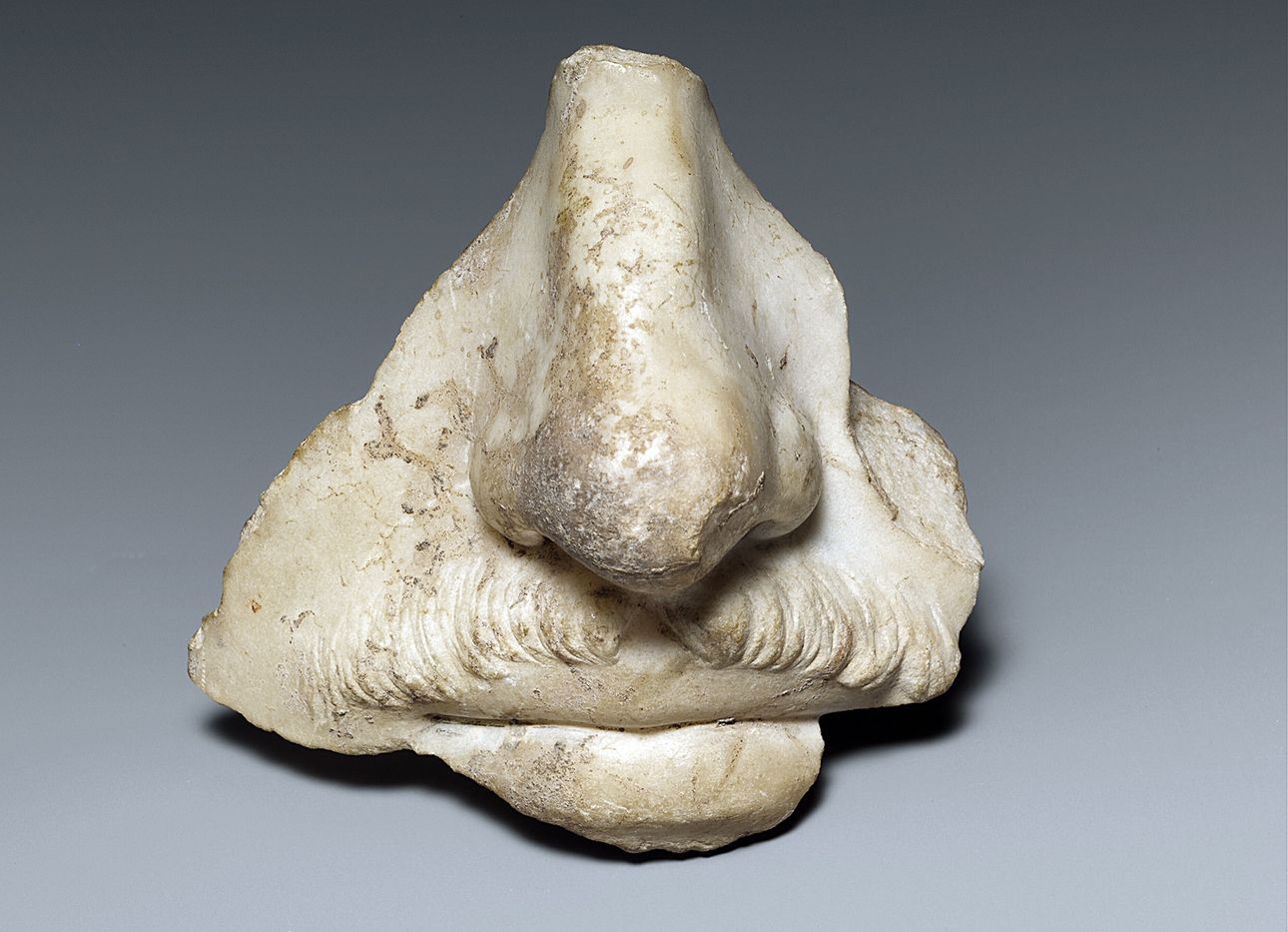
That Tasty Treat You Ate Yesterday? Thank Your Sense of Smell
Our sense of smell can cast mysteriously large impressions onto our memories—and it’s all by nature’s design. The olfactory bulb, located at the front of the human brain, dispatches signals to other areas of the body for further “sensing.” Odors swiftly head to the limbic system, a set of structures in the brain that regulates memory and emotional responses—which explains, in large part, why scent memories linger after their initial stimuli. According to Harvard biology professor Venkatesh Murthy, olfactory signals even color other senses, notably taste. Molecules from food “make their way back retro-nasally to your nasal epithelium” as you chew, he says, meaning that much of the memory about your most recent meal has to do with your internal response to its aroma. It’s what helps us discern different tastes within the same family—say, two kinds of sweets, like vanilla and chocolate—as more distinct, individual flavors. To test the theory, Murthy suggests pinching your nose while noshing on ice cream: instead of tasting the flavor, “all you can taste is sweet.”